Composite Bonding In Lymington
Enhance your smile with professional composite bonding treatments.
Tranform your smile with composite bonding
Transform Your Smile With Composite Bonding
Unlock your perfect smile with our revolutionary composite bonding service. Designed for seamless perfection, composite bonding transforms your teeth with precision and artistry, correcting imperfections with natural-looking results. Whether you want to reshape, repair, or rejuvenate your smile, our expert team ensures every detail is meticulously crafted to enhance your natural beauty. Enjoy the confidence of a flawless smile, tailored just for you. Discover how composite bonding can elevate your smile and redefine your confidence today.
How Composite Bonding Can Address Various Dental Concerns
1
Repairing Chipped or Broken Teeth
Composite bonding is an effective solution for repairing teeth that have been chipped or fractured as a result of accidents or trauma.
2
Closing Gaps Between Teeth
This technique can be used to close small gaps between teeth, contributing to a more aesthetically pleasing smile.
3
Reshaping Misaligned or Irregular Teeth
Composite bonding can reshape teeth that are misaligned or irregularly shaped, creating a more balanced and harmonious appearance.
4
Covering Discolouration And Stains
For teeth with stains or discolouration that do not respond well to standard whitening treatments, composite bonding offers a highly effective alternative.
5
Correcting Minor Tooth Decay
Composite bonding can address minor tooth decay or cavities by restoring the affected area, providing both structural support and cosmetic enhancement.
6
Protecting Exposed Tooth Roots
Teeth with exposed roots due to gum recession can benefit from composite bonding, which helps protect sensitive areas and improve the overall appearance.
What Are the Advantages of Composite Bonding?
Composite bonding offers a range of benefits, making it a popular and flexible option in cosmetic dentistry. Here are some key advantages of composite bonding:
- Aesthetic Improvement
- Durability
- Preservation of Natural Tooth Structure
- Instant Results
- Cost-Effective
- Non Invasive
Who Is a Good Candidate for Composite Bonding?
Composite bonding, also known as dental bonding, is a superb option for those experiencing aesthetic dental issues. It is particularly effective in repairing small chips or cracks in teeth, providing a practical solution for these concerns. Additionally, bonding can disguise stains or discolouration, making it an excellent choice for individuals with persistent staining that does not respond to traditional whitening treatments. It is also beneficial for closing minor gaps between teeth, thereby improving the overall appearance and uniformity of the smile. Furthermore, for those with irregularly shaped teeth, bonding can correct imperfections and enhance tooth symmetry.
Smile Gallery
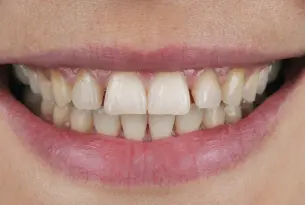

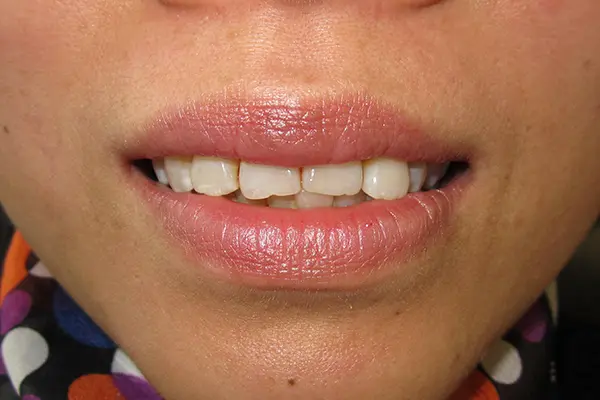
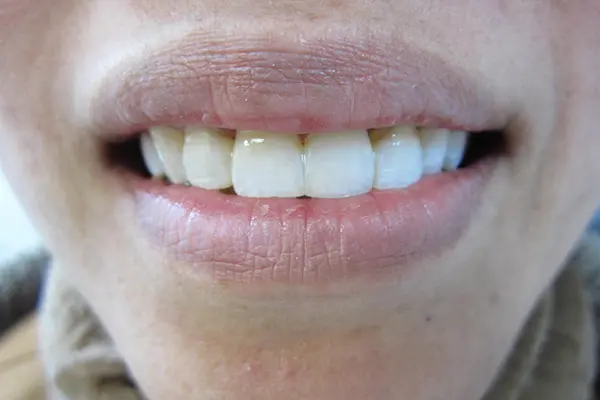
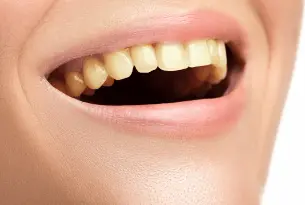
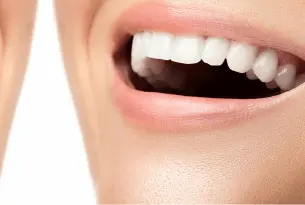
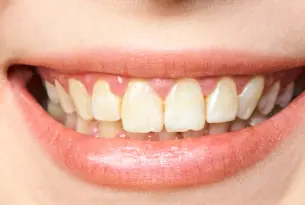
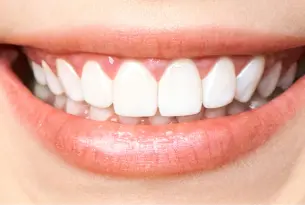
Some FAQs on Composite Bonding
1. What is Composite Bonding?
Composite bonding is a cosmetic dental treatment where a tooth-coloured resin is applied to the teeth. This procedure is ideal for repairing minor chips, cracks, or gaps, and can also improve the look of discoloured or uneven teeth.
2. How long does Composite Bonding last?
The lifespan of composite bonding varies based on personal habits and oral hygiene routines. On average, composite bonding can last between 5 to 10 years, after which it may require maintenance or replacement.
3. Is Composite Bonding suitable for everyone?
Composite bonding can be an excellent choice for those seeking to improve the appearance of their smile. Nevertheless, it might not be the best option for severe dental issues or for individuals with considerable dental concerns. It is essential to consult with a dentist to determine if composite bonding is the right solution for your particular needs.
4. Is special care needed for Composite Bonding?
Composite bonding doesn’t necessitate significant changes to your oral care routine. However, it’s wise to steer clear of biting hard objects or engaging in habits like nail-biting to avoid any potential damage. Maintaining consistent oral hygiene, including regular brushing and flossing, is crucial to keep the bonding intact and looking its best over the long term.

